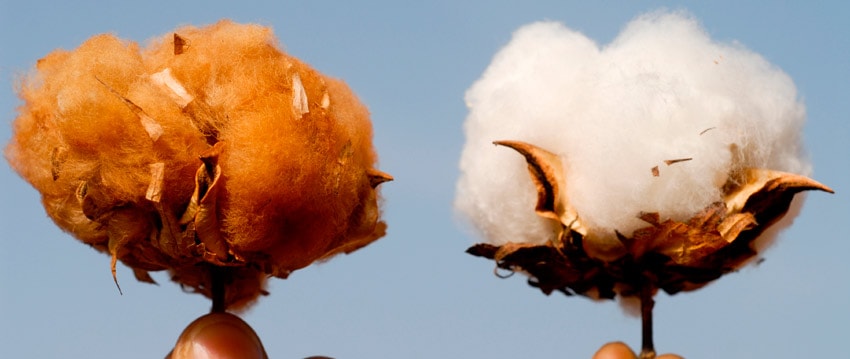For fairness and environmental protection in textile production - The members of the Partnership for Sustainable Textiles will implement concrete social and ecological improvements as of 2017

For fairness and environmental protection in textile production - The members of the Partnership for Sustainable Textiles will implement concrete social and ecological improvements as of 2017
On the way to better working conditions, more environmental protection and fair wages, the members of the Textiles Partnership have taken a decisive step forward: 129 members have submitted concrete action plans for 2017, including 87 members from the German textile industry. This means that 50 percent of German textile retailers are demonstrably committed to better working conditions and environmental protection. External experts review the progress annually.
For 2017, Alliance members have undertaken more than 1,500 measures that will lead to concrete improvements within the framework of the Partnership's objectives. They relate to issues such as living wages, combating child labour, avoiding harmful chemicals and sustainable water use in cotton farming.
"129 binding action plans for more environmental protection and social justice - the Alliance for Sustainable Textiles is taking a completely new path," said the Partnership's Steering Committee yesterday.
"All members who have participated in this success know how challenging the past weeks and months of intensive work have been. This result shows that the Textiles Partnership is bringing about very concrete improvements in the textile supply chain," emphasises the moderator of the steering committee, Dr. Bernhard Felmberg from the Federal Ministry for Economic Cooperation and Development.
The Partnership follows the principle of procedural commitment: Accession to the Partnership is voluntary - the submission of action plans is binding. Some 40 members have left the Partnership since the end of 2016 or have been excluded because they have not submitted an action plan.
The Partnership currently has 148 members, including advisory members who do not need to draw up action plans and new members who will not be subject to implementation until next year. The individual measures are based on key issues in the areas of "chemical and environmental management", "social standards and living wages" and "sustainable natural fibres", which were jointly developed by the various stakeholder groups last year. The formulation and implementation of measures in all three areas is binding on the members.
More than 80 percent of the members met these requirements immediately. Around 20 percent of the action plans submitted do not fully meet these requirements - for example, because special business models cannot yet be fully mapped within the existing system. However, these are also action plans of those members who are already very progressive in some areas of sustainability, so that the requirement to formulate ambitious goals could not be met. For the head of the Partnership Secretariat, Dr. Jürgen Janssen, this shows the need for revision in line with expectations: "The requirements jointly developed by the various stakeholder groups were tested for their practicability for the first time in 2017. The Textile Alliance is therefore a learning system. On behalf of the steering committee, the technical working groups in the alliance have therefore already begun the further development of the requirements."
Progress in implementing the objectives is reviewed annually by external experts. "Each year the targets become more ambitious and each year the members implement a multitude of improvements across the entire supply chain," Jürgen Janssen explains the process.
As of 2018, publication of the action plans is mandatory. This year, more than 30 members have already agreed to a voluntary publication. The publications will be available next week on the Partnership's website: www.textilbuendnis.com zur Verfügung.
Contact:
Partnership for Sustainable Textiles
Press contact
T +49 228 4460-3484
E presse@textilbuendnis.com
The Partnership for Sustainable Textiles
The Partnership for Sustainable Textiles is a multi-stakeholder initiative of companies, associations, non-governmental organisations, trade unions and standard organisations as well as the Federal Government. The actors joined forces in 2014 to jointly implement improvements along the entire textile supply chain. To this end, they have agreed ambitious social and ecological targets. With the help of individual measures by the members and joint alliance initiatives in the producing countries, the actors are pursuing these goals in practice.




